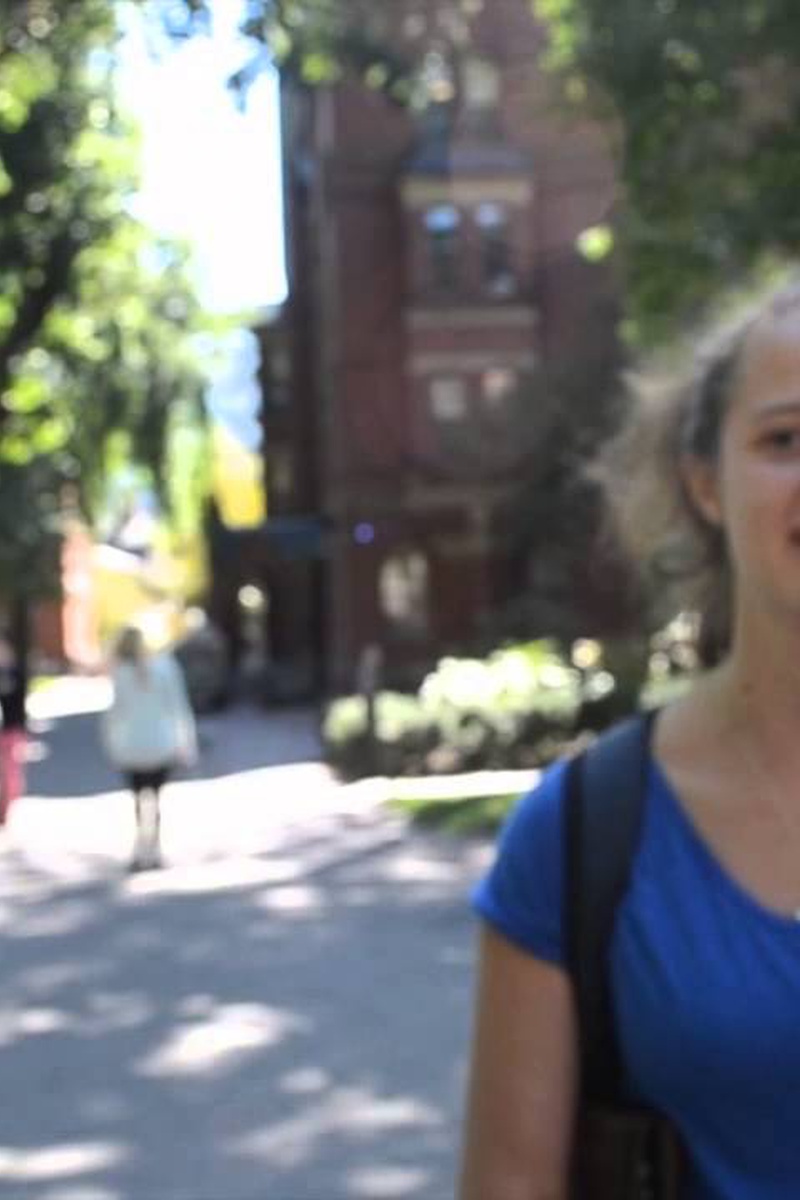Part I of a three-part series on the search for a new Dean of the College. Part II ran on Oct. 17 and Part III ran on Oct. 18.
Within the next year, the man or woman whom Dean of the Faculty of Arts and Sciences Michael D. Smith names as the 19th Dean of Harvard College will take charge of 6,700 undergraduates and a host of employees and administrators. But despite the breadth of this charge, the new Dean will find that many of the aspects of University life most relevant to the student body do not fall directly under his or her control.
Admissions and financial aid, along with all undergraduate athletics, are overseen by other deans in the Faculty of Arts and Sciences, while dining services and University health services—including mental health services—report to administrators who are even higher up in the University’s administrative hierarchy.
As a mid-level administrator within the University, the Dean of the College works as an intermediary between top University brass and subordinate College deans, rarely acting unilaterally. Most important decisions about the College require approval from the FAS Dean, while many smaller decisions are made by the College Dean’s administrative staff—restricting the range of decisions that the College Dean can make directly.
Yet administrators say the Dean of the College is not powerless. Working within the constraints of a limited position, they say, the Dean can impact the lives of undergraduates by laying out a vision for administrative priorities, convening task forces to make recommendations about particular issues, and advocating for the College in front of University superiors.
Multimedia
AN INDIRECT DECISION-MAKER
In University Hall, the home of both College and FAS administrators, office layout mirrors administrative hierarchy—the Office of the Dean of FAS is on the second floor, above the first floor office of the Dean of the College.
Because the College operates within the Faculty of the Arts and Sciences, the College’s chief executive reports directly to the FAS Dean, who in turn reports to the University President. Accordingly, when high-level, College-wide decisions have to be made, they often either require the FAS Dean’s approval or are put to a faculty vote.
“The Dean of the College would never make a decision without consulting Mike Smith, if it’s important,” said Dean of Student Life Stephen Lassonde, who works under the Dean of the College.
Interim Dean of the College Donald H. Pfister, who has said he will fill the role for no more than a year, said he consults with Smith about nearly all dimensions of his work, including the offices and departments that pertain solely to undergraduates.
And the College Dean doesn’t just consult with his or her superior—in fact, administrators said, decisions are typically made in consultation with a cabinet comprised of subordinate College deans. The cabinet, which includes administrators such as Lassonde and Administrative Board Secretary John “Jay” L. Ellison, assesses a given problem and offers recommendations, often based on consensus.
“Unlike the corporate world, this is a lot more fluid,” said Ellison, moments after a quick knock on his University Hall office door from Pfister. “We are a bunch of academics at heart, and most academics like to talk and consult before we make decisions.”
But in a system that prides itself on consultation, the College Dean often does not take a direct role in final decision-making.
“We make decisions everyday that aren’t College-wide decisions—that are just within our own unit—and he doesn’t need to get involved,” Ellison said, citing intra-unit hiring as an example of something he would try to avoid “bothering” Pfister with.
Yet between the high-level decisions made by Smith and the smaller intra-unit decisions made by College administrators, the Dean of the College retains influence among the decision-makers.
Read more in News
Students Advocate Columbus Day Name ChangeRecommended Articles
-
With Three of Four Resident Deans Turning Over, FDO Completes HiresThe Freshman Dean’s Office has filled the vacancies created by the departures from the office of three of its four freshman resident deans this summer.
-
2014 President's Challenge Awaits Budding EntrepreneursThis year’s President’s Challenge for entrepreneurship includes two new categories—efficient governing and economic development and sustainable employment—according to an announcement made by University President Drew G. Faust and Provost Alan M. Garber on Thursday.
-
 Months After Email Search Scandal, Committee Will Review Resident Dean Position
Months After Email Search Scandal, Committee Will Review Resident Dean Position -
Deans' Design Challenge to Address Growing PopulationWith the world’s population expected to grow exponentially in coming years, the Harvard Innovation Lab is turning to students for solutions to the sociopolitical and environmental problems that population expansion may pose.
-
 Committee Recommends Changes to Resident Dean Position
Committee Recommends Changes to Resident Dean Position -
Semester Brings New Name, Clarifications to Resident Dean PositionThe recommendations were the work of an FAS committee that was convened last summer to review the resident dean position.















